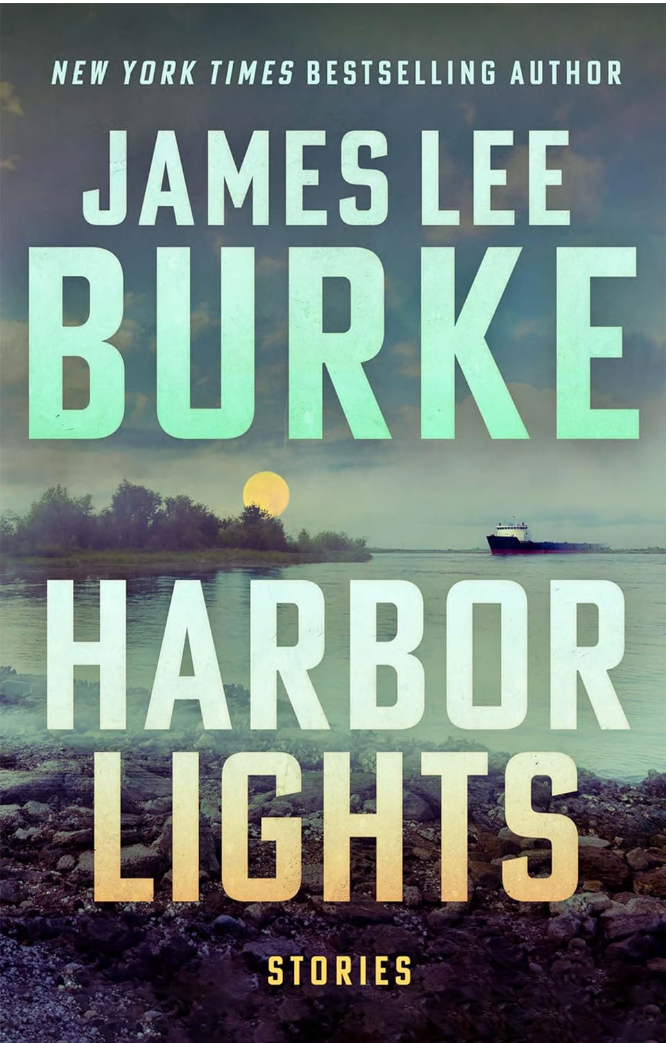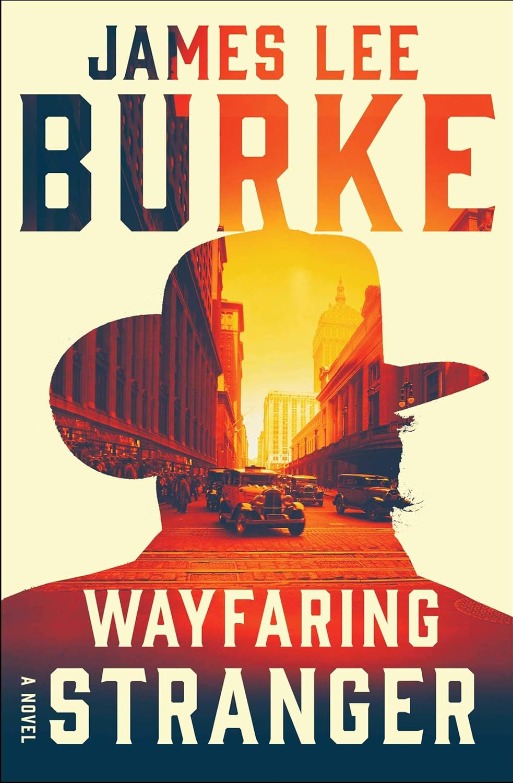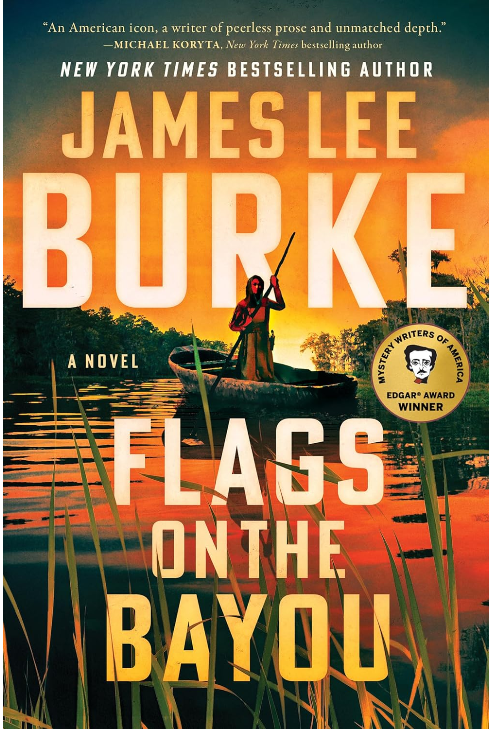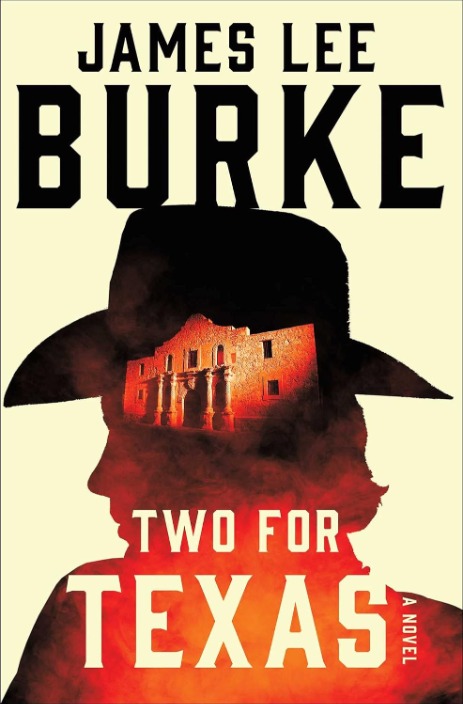James Lee Burke is one of the most acclaimed mystery writers of our time, with a list of accolades including multiple Edgar awards and the Mystery Writers of America Grand Master Award. However, the vast majority of his prolific output has been full-length novels. His current short story collection, Harbor Lights, is his first such effort in fifteen years. After reading these stories, I understand why Burke prefers the longer form. The stories are descriptive with colorful characters, but several ramble on with little point.
The stories in Harbor Lights have settings ranging from the Louisiana Bayou country to the Rocky Mountains. Most take place in the past, either the Depression/World War II era or the more recent 1960s. Several feature members of the Holland/Broussard family who are the protagonists of various Burke novels. However, they are self-contained and require no knowledge of other Burke's works.
The best story in the collection is the last and longest, “Strange Cargo.” Aaron Broussard, an aging writer who may be dying of cancer, returns to his ancestral home in the Louisiana Bayou. There, he runs afoul of the local redneck sheriff, who is determined to thwart Aaron’s plans of turning his property into an animal sanctuary. But Aaron is also visited by ghosts, including his dead daughter, who serves as his conscience, and slaves who lived in the area before the Civil War. (A younger version of Broussard is also the main character in the collection’s title story, set during World War II.) The mix of reality and the supernatural works, thanks to a setting where the paranormal occurrences seem plausible. Although Burke evokes the atmosphere of his settings in every story, the feeling is most evident here.
If supernatural elements figure in the best story in the book, they also dominate the worst, “A Distant War.” Vietnam war veteran Francis Holland, another member of the family, and his young son are trapped in a small New Mexico town when his car breaks down. The local mechanic keeps finding more things wrong with the car, so he has to wait. And as he does, he realizes that this town is home to many people who have been dead for decades or more. While “Strange Cargo” made sense, “A Distant War” gets more bizarre and confusing as it progresses, eventually becoming a total mess.
Fortunately, the other stories in the collection are better. One that doesn’t feature the Holland clan is “Going Across JorDan.” Set in the 1950s, it features two drifters who travel the West, taking odd jobs and occasionally serving as union organizers. They eventually acquire a female companion and the hostility of a well-known Western actor. Like most stories in Harbor Lights, the pace in “Going Across JorDan” is leisurely, but the characters are well-developed enough to make readers care.
“Deportees” is a historical tale that seems very relevant to modern-day issues. Set in the days after Pearl Harbor, it describes the efforts of federal authorities to find and deport illegal Mexican immigrants in the United States. The authorities fear, with no justification, that the migrants are enemy agents of some sort. A young Aaron Broussard lives with his grandfather, a renowned retired lawman hiding some migrants on his property. The story becomes a battle of will between a retired lawman and the current law, although I’m sure the author had modern-day immigration issues in mind when he wrote this wonderfully prescient story.
Looking at Harbor Nights as a whole, the book contains one very good story, three good ones, three fair stories, and one mess. That would average out to a three-star rating. But even the fair stories are pleasant enough to read, even though they eventually don’t go anywhere. So, I’m raising the rating to 3.5 stars, rounded to four based on the last story. But readers who want the best James Lee Burke experience are better advised to read some of his novels rather than this uneven collection.
NOTE: The publisher graciously provided me with a copy of this book through NetGalley. However, the decision to review the book and the contents of this review are entirely my own.
Author James Lee Burke discusses his career with Raymond Arroyo of "Conversations the World Over":
Read other reviews of Harbor Lights:
James Lee Burke is a New York Times bestselling author, three-time winner of the Edgar Award as well as the Grand Master Award from Mystery Writers of America, winner of the CWA Diamond Dagger and Gold Dagger and the Grand Prix de Littérature Policière, and the recipient of the Guggenheim Fellowship for Creative Arts in Fiction.
Header Photo: "Riot Radio" by Arielle Calderon / Flickr / CC By / Cropped
Silver Screen Video Banner Photos: pedrojperez / Morguefile; wintersixfour / Morguefile
Join Button: "Film Element" by Stockphotosforfree
Twitter Icon: "Twitter Icon" by Freepik
Facebook Icon: "Facebook Icon" by Freepik
LinkedIn Icon: "LinkedIn Icon" by Fathema Khanom / Freepik
Goodreads Icon: "Letter G Icon" by arnikahossain / Freepik
Certain images on this site appear courtesy of Amazon.com and other sponsors of Silver Screen Videos for the purpose of advertising products on those sites. Silver Screen Videos earns commissions from purchases on those sites.
© 2024 Steven R. Silver. All rights reserved.







